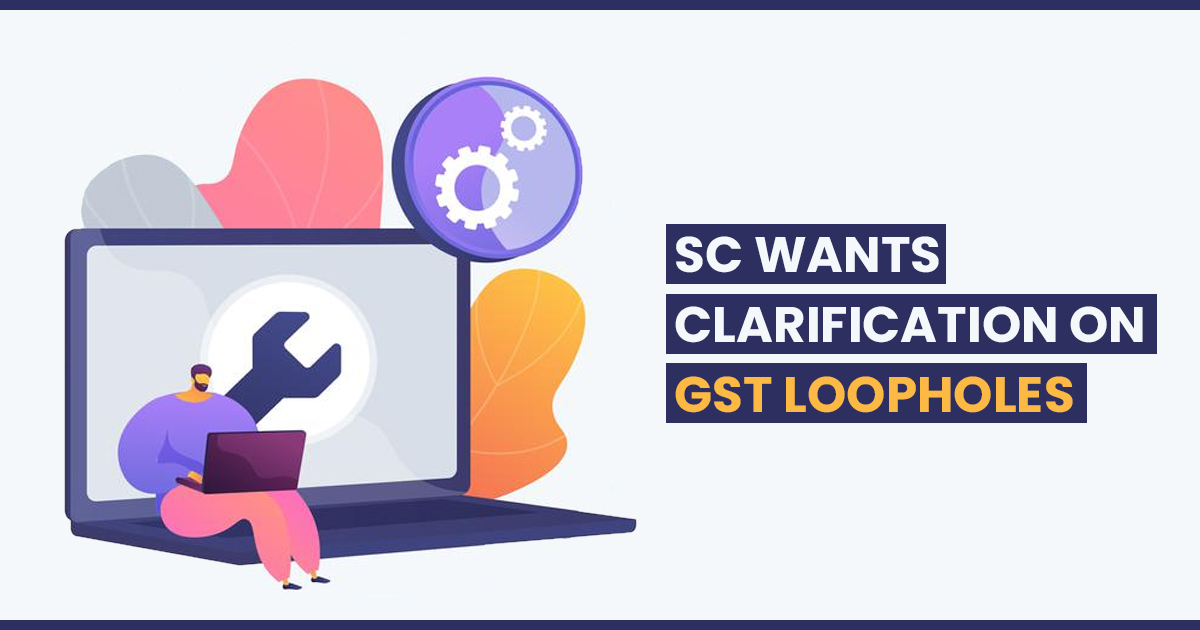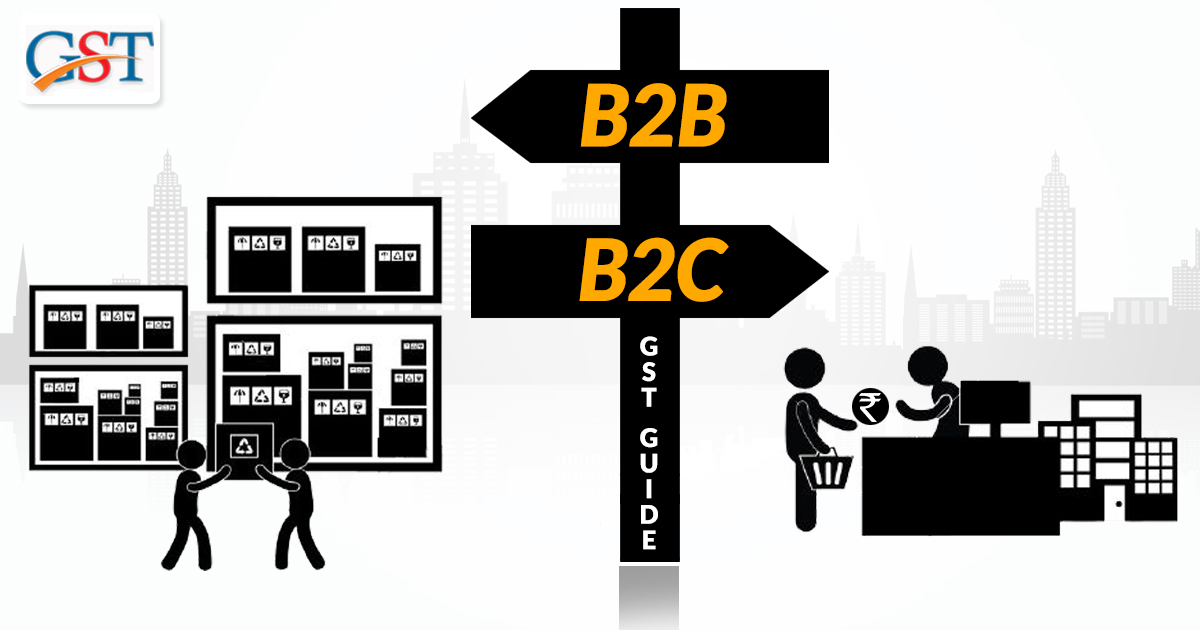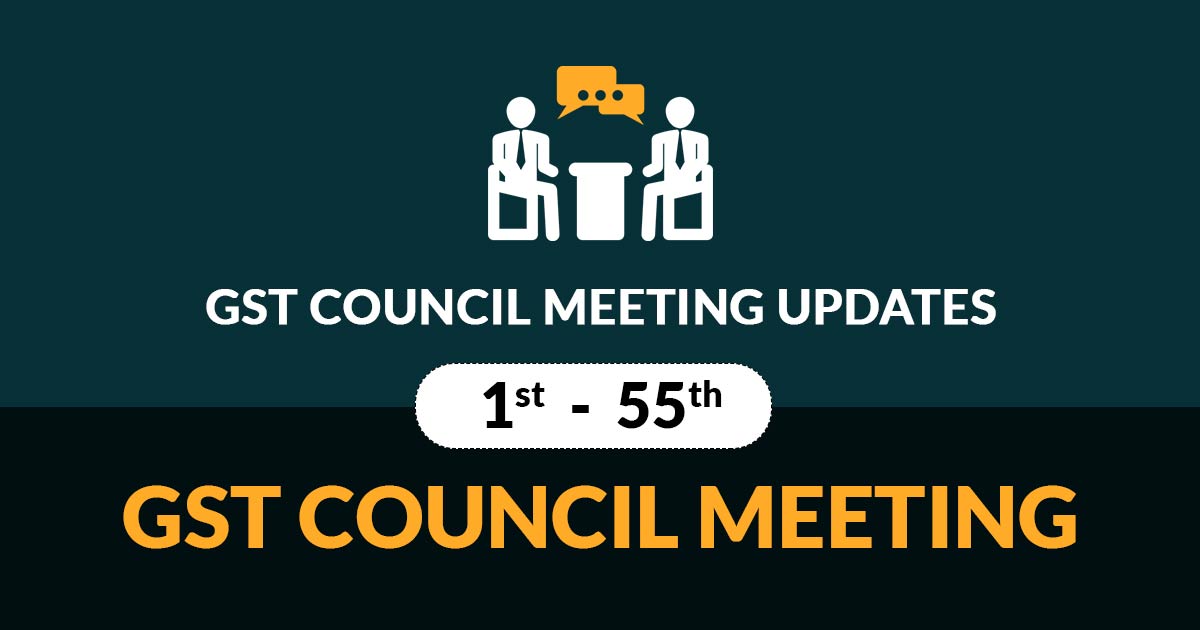The Supreme court provides the notice to the central government on the appeal asking to plug existing loopholes inside the GST system, that leave out the entities like Google, Amazon, Facebook, etc. from the tax net, which makes a big loss to the exchequer.

The appeal furnished through the chartered accountant (CA) Pradeep Goyal stated that there was an asymmetry in the details collection from overseas online service providers. Despite there being a plan for the details to be filed for a B2C transaction there is no B2B transaction 
This Comes Out with a Big Revenue Loss for the Nation
The appeal was argued through the senior advocate Sonia Mathur in the court on Wednesday. The three Judges which are led through the CJI SA Bobde dubbed it an excellent case while providing the notices to the finance ministry asking about its explanation upon the effective part.
The notices were sent to the Central Board of Direct Taxes (CBDT), the GST Council 
PIL has said by directing that there are stronger loopholes in GST policy that should be plugged. The tax is to be obtained from the foreign firms in B2B transactions through the method of IGST for online data and Database Access and Retrieval (OIDAR) services.
It asks that the council had no mechanism to monitor the GST paid on OIDAR services taken through the nontaxable online recipients beneath the reverse charge basis. These facts are not been reported in GST returns 
There is no regulation of the Indian government or access to their accounting records to validate compliance beneath GST law, they commented. There is no information held within the GST council upon the various individuals in the non-taxable territory providing OIDAR services in India.








